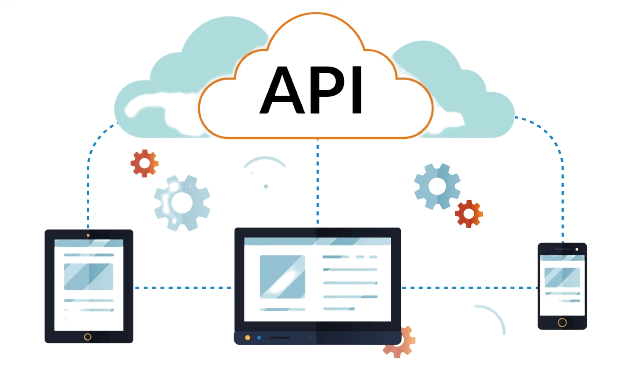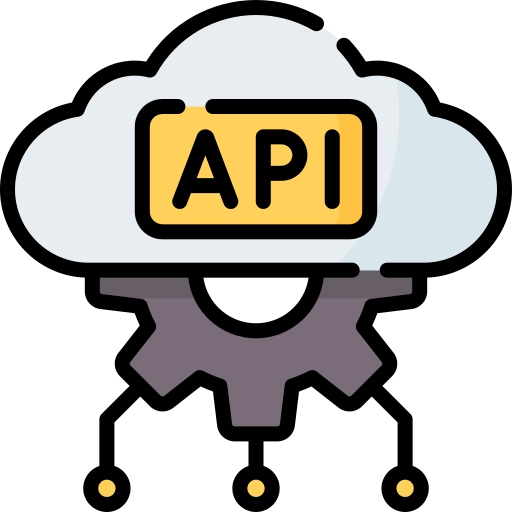REST APIs (Representational State Transfer) are a cornerstone of modern web development. They act as intermediaries, allowing applications to communicate and exchange data seamlessly. Imagine them as waiters in a restaurant – they take your order (request) and deliver the food (data) from the kitchen (server) to your table (client application).
Understanding REST API Examples
Here are some everyday applications that leverage REST APIs:
- Social Media: When you like a post or update your profile on a social media platform, your actions trigger REST API calls that send data to the server and update the information accordingly.
- Weather Apps: Weather apps rely on REST APIs to fetch real-time weather data from weather services and display it on your phone.
- Online Shopping: Adding items to your cart or processing payments in an online store involves interacting with the store’s REST APIs to manage your shopping experience.
The Power of REST APIs
REST APIs offer several advantages for developers and users:
- Simplicity: REST APIs follow a standardized approach, making them easy to understand and integrate into different applications.
- Scalability: They can handle a high volume of requests efficiently, making them ideal for web applications with a large user base.
- Flexibility: REST APIs can be used to exchange various data formats like JSON or XML, catering to diverse needs.
- Interoperability: They enable communication between different applications regardless of the programming languages used to develop them.
Challenges to Consider
While powerful, REST APIs also present some challenges:
- Security: Since they expose data, it’s crucial to implement proper authentication and authorization mechanisms to prevent unauthorized access.
- Versioning: As APIs evolve, maintaining older versions alongside newer ones can add complexity for developers.
- Error Handling: Robust error handling is essential to ensure applications gracefully handle unexpected responses from the API.
- Documentation: Clear and comprehensive documentation is vital for developers to understand how to use the API effectively.
Conclusion
REST APIs are a fundamental building block of the modern web ecosystem. By understanding their functionalities, advantages, and challenges, developers can leverage them to create powerful and efficient web applications. From social media interactions to real-time data retrieval, REST APIs are constantly shaping the way we interact with the digital world.


